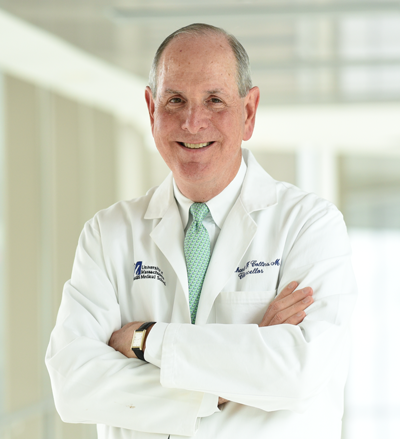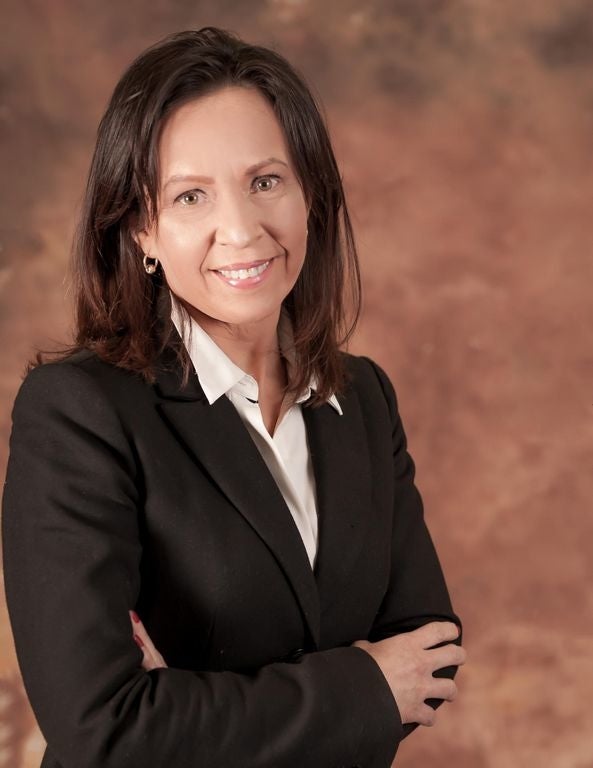Worcester has experienced Boston-sized population growth over the last decades, creating not only major opportunities for businesses but urban growing pains along with it.
“Because urbanization has been so pronounced in major urban metros across the U.S., it’s led to a spillover impact into secondary cities, like a Worcester next to Boston,” said Julia Georgules, head of Americas Research & Strategy at the Boston office of JLL, an international real estate firm headquartered in Chicago.
Worcester has undergone tremendous growth in the last decade, with 2020 Census data showing a 14% population increase in the city, the most of any major city in New England. Georgules was one of three panelists who spoke at WBJ’s Worcester Emerging webinar on Tuesday to discuss why Worcester is growing and how it can maintain that development in a healthy way.
Worcester offers a more affordable option compared with Greater Boston, for both housing and business endeavors. Especially for the burgeoning life sciences industry, affordable development opportunities are very attractive, as the sector is currently struggling with low lab space inventory.

“In the life sciences industry, it’s much more economic to do your business here,” said Michael Collins, chancellor of UMass Chan Medical School in Worcester.
Not only does Worcester offer development opportunities, but it has the workforce for a strong life sciences industry, Collins said.
“The talent actually exists in Worcester,” he said. “If you look at a medical school of our size and complexity, if we were anywhere else in America, we’d be the biggest thing for four states around.”
Worcester’s small business world has also seen an emergence in the last several years, in part with the help of Ivette Olmeda, who spent the last four years working with small businesses in Worcester’s Main South neighborhood as a Transformative Development Initiative fellow through MassDevelopment.
“A lot of small businesses were very disconnected before from different business resources in our community. Now, they all have a well-organized business association with 34 members to participate more, and 99% are minority businesses,” Olmeda said.
As the population and business opportunities increase, the city has experienced and can expect its share of growing pains, the panelists said.
UMass Chan has just opened up 600 new positions to help grow its workforce, which Collins said raises some worries.
“I’m concerned about what it’s going to cost to pay for that workforce,” he said.
Schools, transportation, and other infrastructure need increased resources to support growing populations, Collins said.
The City of Worcester’s redevelopment of Union Station will be crucial, Georgules said, as a solid transportation system drives economic growth. Worcester must also prioritize housing availability and affordability to keep up with its population.
“Worcester relative to the Boston metro area is more affordable, but of course as more people move into the area, that starts to change the affordability,” said Georgules.
Finally, community engagement will help facilitate and inform Worcester’s ongoing development.
“As we’re growing, we need more people on the ground to actually talk with small businesses to hear better the needs that there are, including the more underserved communities,” said Olmeda. “We need more housing, we’re going to need more job creation. We need to start to navigate the language barriers that sometimes kind of keep people out of decision making.”

